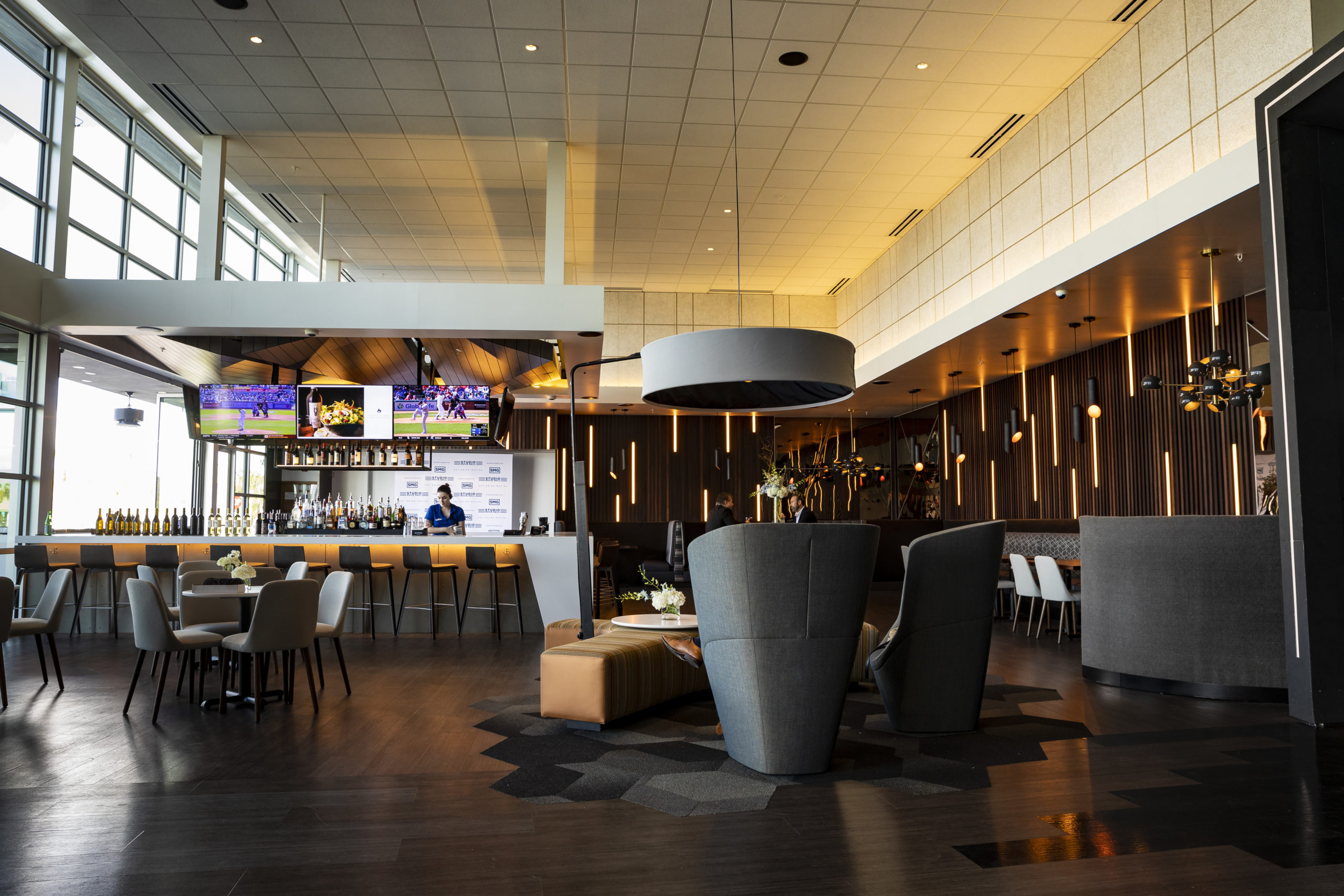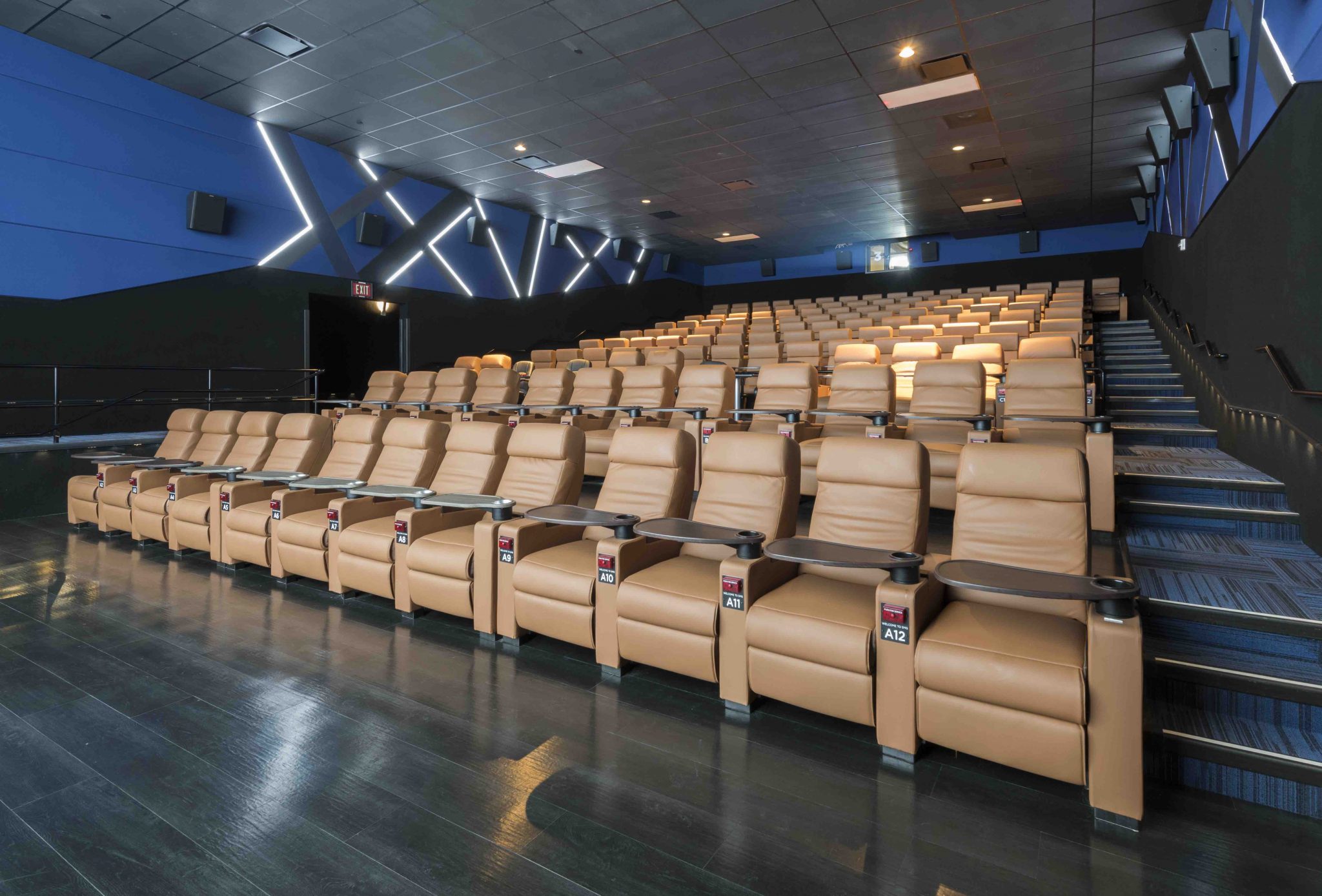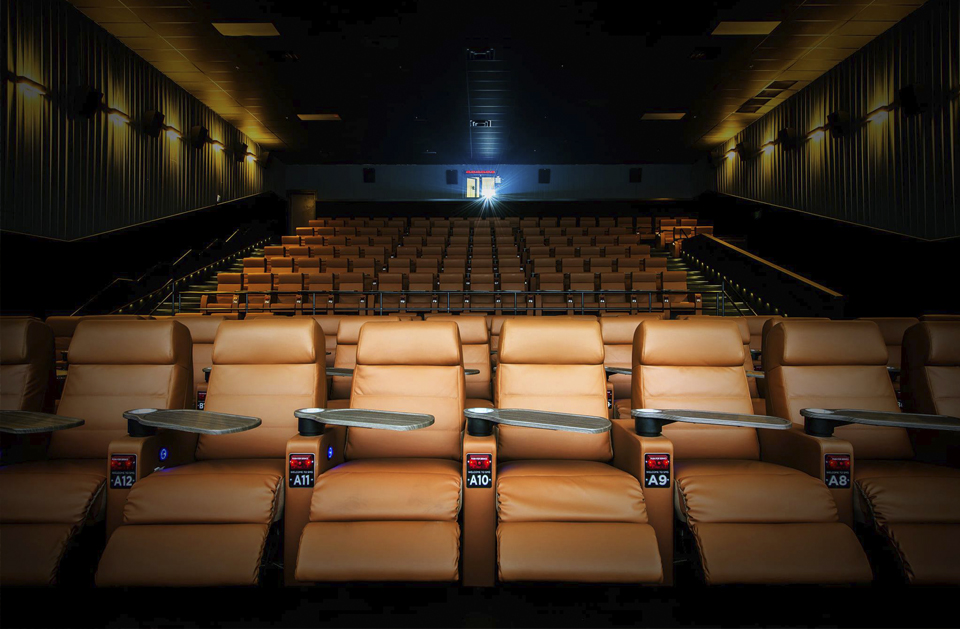

Now that may be the case for a generation raised with basically every television show or movie ever made available on demand and in a time when giant HDTVs and surround sound set-ups can realistically supplant the theater experience. As much as I like some of these "gimmicks," the underlying message risks becoming something akin to the fact that merely seeing a movie in a theater isn't enough. And that's part of the notion of Paramount/ Viacom Inc.’s periodic "Super Ticket" events and other studios offering gimmicks in order to get people to see a film in a theater and create the notion that theatrical movie going should be something of an event. That's part of the appeal of IMAX and the various unaffiliated Premium Large Format screens that have popped up over the last few years. That's part of the 3D boom, with the caveat that 3D was also sold as an anti-piracy tool since you can't cleanly record a 3D film on your 2D video camera or cell phone. So we find ourselves with Hollywood fighting a potentially contradictory battle, trying to get audiences back into the movie theater while also trying to maximize the number of people who chose to watch a big film via after-theatre streaming services (as opposed to buying or renting a DVD). The inconsistency of the movie theater experience, be it rude moviegoers with their texting and talking, or the audio/visual quality which is something of a crap shoot outside of prime film going markets, has made going to the movies almost a risk for much of the country. The upswing in the quantity and quality of offbeat and adult-skewing films available on Video On Demand channels makes it that much easier to find something to watch without leaving the coach.

General audiences either don't want to see what Hollywood has to offer or they are willing to wait until VOD or Netflix. Ticket prices and concession prices have soared as television has begun to offer top-tier quality scripted entertainment. Home theaters have advanced to the point where they can closely mimic the quality of most multiplexes in one's own house. Younger kids don't see the movies as a vital entertainment option. It is no secret that movie theater attendance is down in America, even as overseas box office is soaring accordingly. "Dallas chicken chain spreading its wings at a new headquarters". "Studio Movie Grill Emerges From Bankruptcy, With 19 Theaters Reopened by Memorial Day". "Studio Movie Grill emerges from Chapter 11 bankruptcy". "Studio Movie Grill Cinema Chain Files For Chapter 11 As Exhibitors Stagger Under COVID-19 Woes". "Hammered by the pandemic, Studio Movie Grill declares bankruptcy". "Studio Movie Grill, a theater dining chain, set to open in Glendale's arts district". " 'Visionary' behind the scene of Dallas-based Studio Movie Grill went off the script". ^ a b "Studio Movie Grill Emerges from Chapter 11, Names Ted Croft As New CEO".The headquarters were previously in a 16,600-square-foot (1,540 m 2) area in another building, but moved in 2016. The headquarters is in 20,200 square feet (1,880 m 2) of office space in the Hidden Grove office building in North Dallas. Longtime CFO and COO Ted Croft also became the chain's new CEO after navigating Studio Movie Grill through the pandemic, in which many of its locations stayed open for food delivery orders, and securing funding in a new equity deal. In April 2021, the company announced that they had emerged from bankruptcy. The company's cash reserves are low due to losses caused by the COVID-19 pandemic. In October 2020, Studio Movie Grill filed for chapter 11 bankruptcy protection.

As of 2019, Studio Movie Grill has locations in 10 states consisting of over 300 screens. The concept evolved into the Studio Movie Grill chain. The company originated with the opening of the Granada Prestonwood in Addison, Texas, which featured five screens with private luxury boxes and valet parking.

Studio Movie Grill was founded in 1993 by Brian Schultz, who served as its CEO for twenty-seven years, until April, 2021.


 0 kommentar(er)
0 kommentar(er)
